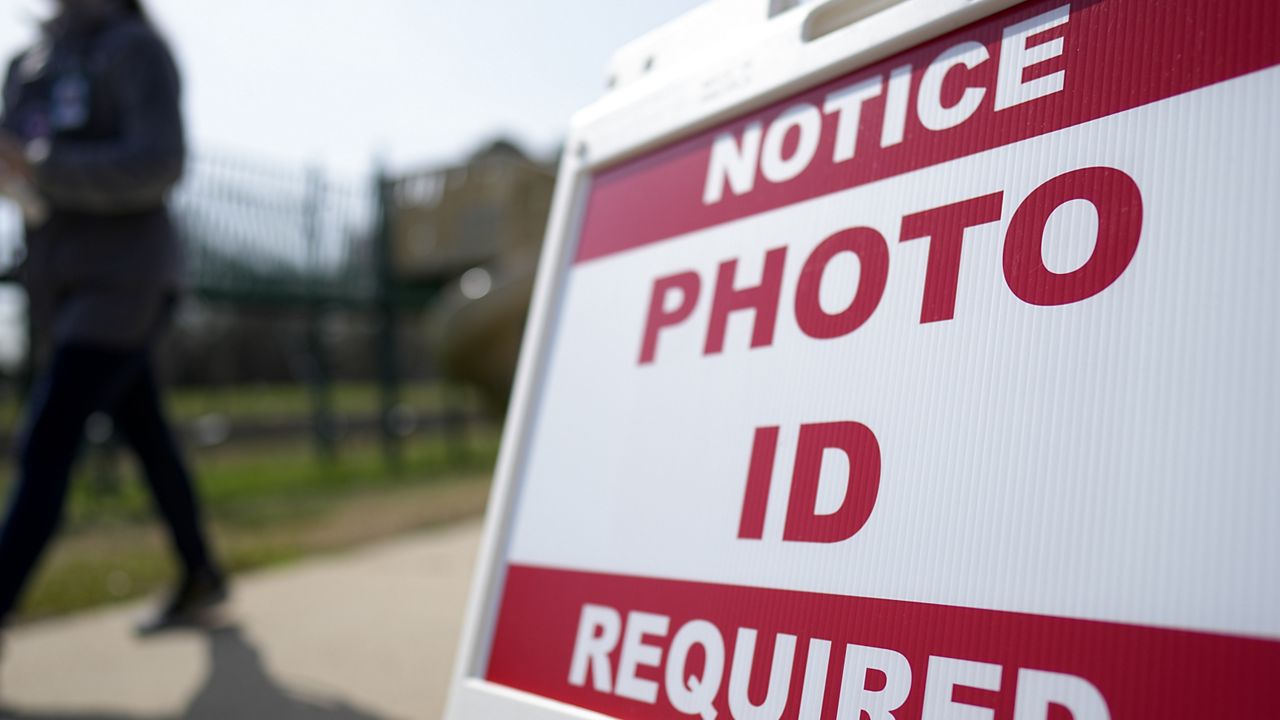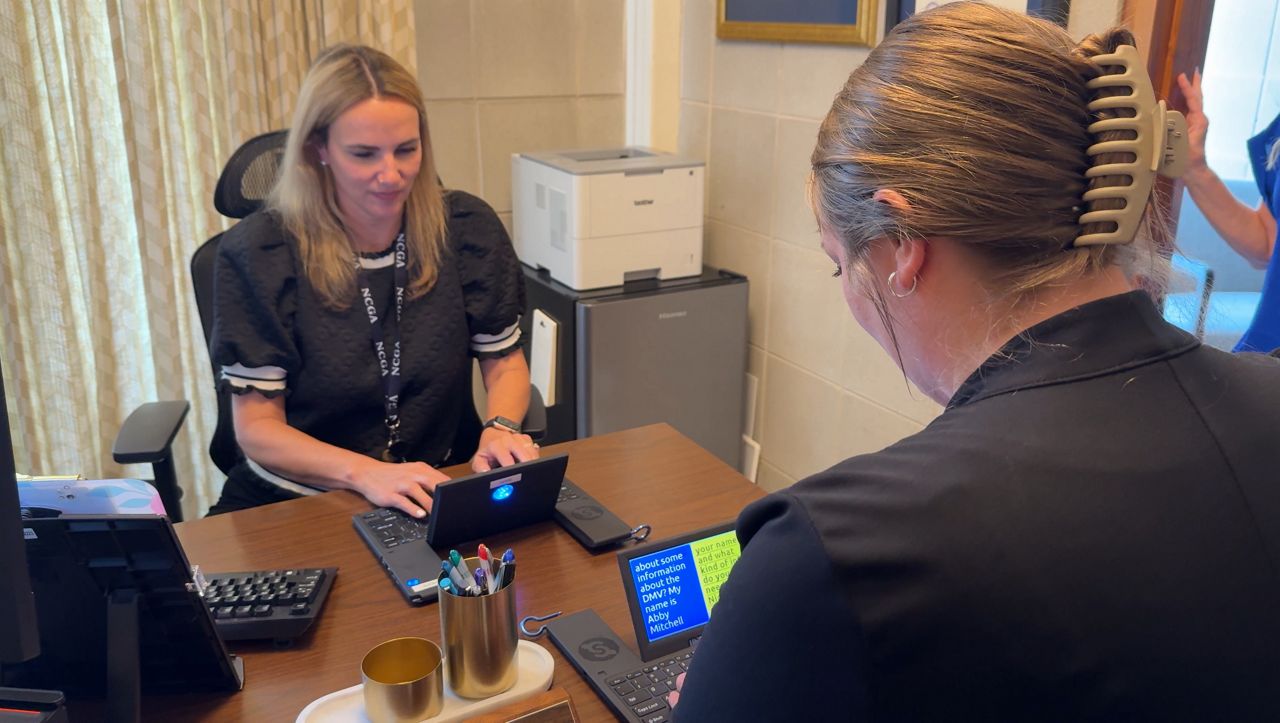RALEIGH, N.C. – A state district court hearing on Friday is the latest step in continuing challenges to North Carolina's voter ID requirements.
The North Carolina primary Tuesday became just the second time an ID was required to vote in the state.
This comes after the North Carolina Supreme Court decided that the voter ID law was not discriminatory last April. The new Republican majority reversed a previous 2022 decision, when the court had a Democrat majority.
But, despite that decision, cases challenging the state’s voter ID law are still making their way through state and federal courts.
On Friday, one of those hearings took place in a case that is more than half a decade old.
A challenge on the state level five years in the making
The most recent hearing in these cases came Friday in NAACP v. Moore, a case challenging two constitutional amendments passed in 2018. One lowered the state’s maximum income tax from 10% to 7%, and the other created a constitutional requirement for voter ID.
This case does not affect North Carolina’s current voter ID law, it instead only challenges the constitutional amendment requiring voter ID.
Both amendments were on the ballot in 2018, and both were approved by voters. But the NAACP began its lawsuit before the 2018 election, seeking to keep the amendments off the ballot.
Plaintiffs in the case argue that Republicans were only able to obtain the three-fifths majority required to place an amendment on the ballot because of the racially gerrymandered legislative maps.
In 2017, the United States Supreme Court affirmed a lower court’s ruling that Republicans relied too much on race to draw the 2011 legislative maps. Republicans were forced to draw new maps.
In 2019, a Wake County Superior Court judge ruled in favor of the NAACP, saying that the racial gerrymander was “breaking the requisite chain of popular sovereignty between North Carolina citizens and their representatives.” The ruling kept the amendments from going into effect.
The defendants, N.C. Senate President Phil Berger and House Speaker Tim Moore, appealed the decision. It was taken up by the North Carolina Court of Appeals, and in 2020, they overturned the lower court’s decision, saying that it was beyond the power of the court to invalidate the amendments.
The case then made its way to the state Supreme Court, where the 4-3 Democrat majority ruled that the state legislature may not have had the authority to put the amendments on the ballot because of the racial gerrymander, but stopped short of invalidating them.
Instead, the Supreme Court sent the case back to Superior Court for further review.
That is where Friday’s hearing comes in. The case was originally assigned to a single Wake Superior Court judge. After a request from the Republican legislative defendants, the judge transferred the case to a three-judge panel.
The NAACP challenged this ruling, filing a motion to have the case moved back to a single judge. A three-judge panel granted a similar request in 2018.
The decision will affect the speed of the case. The case will move faster with a single judge than with a three-judge panel.
Friday’s hearing ended with the three-judge panel saying they will make their ruling out of court. It will be several weeks before they render a decision.
More challenges on the federal level
State courts are not the only venue playing host to an over 5-year-old case.
A long running case challenging North Carolina’s voter ID law will return to federal court later this spring.
N.C. State Conference of the NAACP v. Alan Hirsch was filed shortly after the state’s voter ID law was passed in 2018. The plaintiffs in the case allege that the voter ID law disproportionately burdens Black and Latino residents, violating Section 2 of the Voting Rights Act and the 14th and 15th Amendments of the U.S. Constitution.
In 2019, a U.S. district court blocked the law, saying that it was racially tainted, just like a 2013 voter ID law that was struck down.
A Circuit of Appeals court reversed that decision. Republican legislative leaders, who had been trying to intervene in the case since the beginning, were finally allowed to when the Supreme Court overruled a decision from the appeals court.
A new trial that includes Republican legislators as defendants is scheduled for May 6 in district court.
Because this case directly challenges the state’s voter ID law, unlike the challenge on the state level, it could affect ID requirements in the November election. There is no estimate for how long the trial will last.
But as of now, voters can still expect to bring a photo ID to run-off elections in May, and the general election in November.








